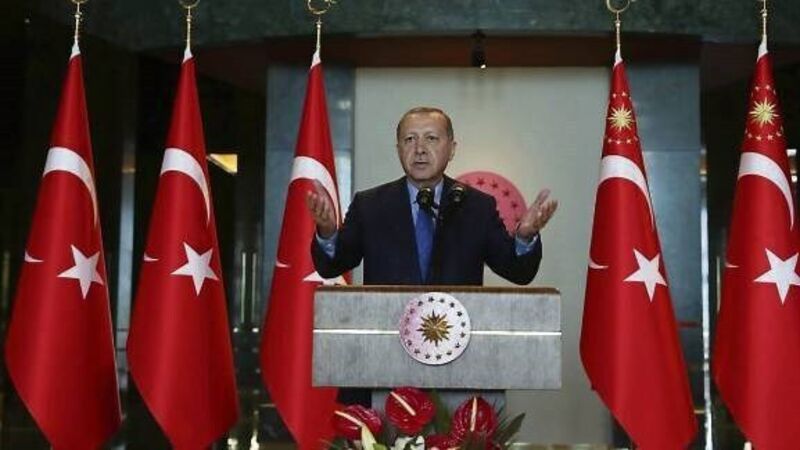Western allies are Turkey’s best hope of economic salvation

Its deteriorating financial situation is typical of an emerging market and was inevitable, but the worst will come to pass if the president continues to be aggressively isolationist, says
Turkey's falling currency and deteriorating financial conditions lend credence to the notion that “a crisis is a terrible thing to waste”. I suspect that many Western policymakers are not entirely unhappy about Turkey’s plight.
















